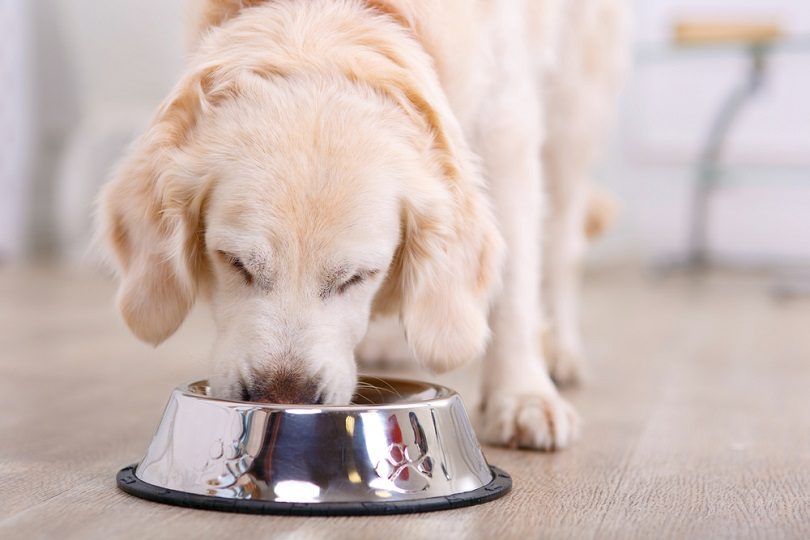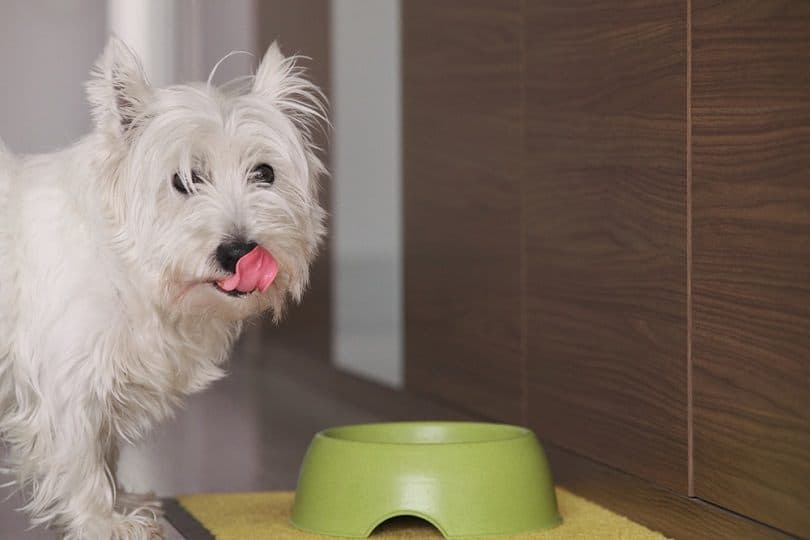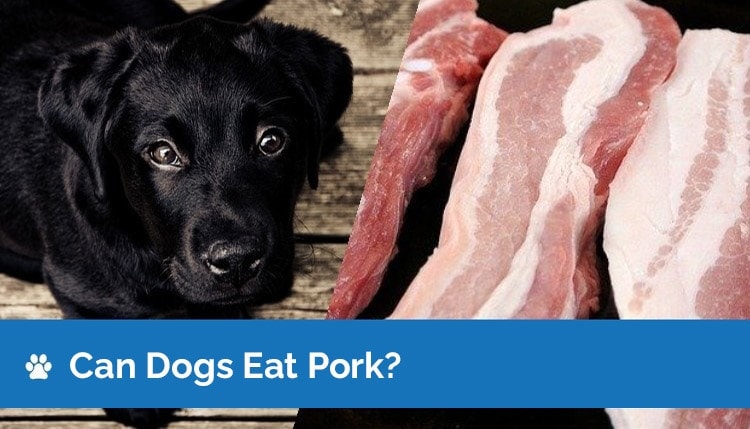Can Dogs Eat Eggs? Are Eggs Safe for Dogs? Vet-Reviewed Facts & FAQ

Updated on

Eggs are considered a superfood for us humans, so we often wonder if they provide similar nutrition and benefits to our four-legged friends. The short answer is, yes, eggs are perfectly safe for dogs. There are some things you need to pay attention to when feeding your pooch eggs, and we’ll talk about everything you need to know below.
 Why Would I Feed My Dog Eggs?
Why Would I Feed My Dog Eggs?
Eggs are considered a superfood because they contain a healthy amount of fat, lots of protein, vitamins, and minerals. What more could you ask for in a single food?
Offering your dog eggs is a great way to pack some protein and dense nutrition into their diet. It also helps that your pup will more than likely love the taste!

Can Dogs Eat Raw Eggs?
The general consensus is that cooked eggs are safe for dogs, but raw eggs are questionable.
If contaminated, raw eggs could cause digestive issues for your dog. Studies estimate that 1 in every 20,000 eggs produced in the USA are contaminated with Salmonella enteritidis. While this is only a 0.005% chance, if unlucky, it could lead to intestinal discomfort for your dog, as well as diarrhea, vomiting, and, in some rare cases, fatality.
Biotin is a vitamin — often referred to as B7 — that allows your dog’s body to process the food they eat and convert it into usable energy. Without biotin, your dog can be drained of energy and experience skin and other health problems. Eggs contain a protein called avidin which will tightly link to biotin, preventing its intestinal absorption. After cooking an egg, avidin is denaturalized and loses its ability to link to biotin, preventing this issue. Consuming too much raw egg can cause a biotin deficiency in your dog; however, this would not just happen overnight but rather over a period of time.
Due to all these reasons, we can safely state that it’s best to feed your dog cooked eggs.
How Much Egg Is Too Much for My Dog?
Although this superfood can be a great addition to your pup’s diet, you do need to be careful not to feed them too much. Dogs need far fewer calories than humans do, so the impact of an egg will be much greater on your pup than it will on you.
Eggs have about 70 calories each with the fatty yolk included, and these calories can quickly add up, especially if you have a small or toy-sized dog that only needs a few hundred calories a day. To make sure that you aren’t overfeeding your dog, limit their egg consumption based on their size, and assume you can safely replace about a tenth of their normal diet with egg. To prevent weight gain, avoid simply adding egg into your dog’s existing diet without considering their caloric content.

How Can I Feed My Dog Eggs?
Safely feeding your pup eggs comes down to how they are prepared. We already know that raw eggs aren’t necessarily the best option for dogs, but beyond cooking them completely, how should they be prepared?
First, no matter how you cook eggs for your dog, make sure that there are no pieces of shell included. Sharp pieces of shell can cause injury to your dog’s mucosa, not to mention major discomfort.
Second, make sure that you aren’t cooking them in butter or oil. The extra calorie-dense fat can quickly lead to weight gain.
Lastly, you may enjoy your eggs with salt, pepper, and ketchup, but leave these tasty additives off of any eggs you give to your dog. Commercial dog food experts at Purina note that salt and pepper aren’t good for your dog in excess. Ketchup contains sugar or the toxic sugar substitute, xylitol, both of which are unhealthy for your dog to consume. And definitively avoid any onion or garlic, which are toxic for dogs.
Is the Cholesterol in Eggs Bad for Dogs?
Many people worry about cholesterol in their own diet, and that concern naturally carries over to their canine friends. However, the amount of cholesterol in one or two eggs isn’t a concern for healthy dogs. While the fat content of eggs and the extra calories, if abused, may be an issue, cholesterol won’t negatively affect your pooch and shouldn’t concern you at all.

 The Bottom Line
The Bottom Line
Eggs are generally safe for dogs to consume. In fact, they offer a great amount of nutrition including protein, healthy fats, and vitamins and minerals. You should limit the amount of egg your pup eats each day to avoid overfeeding, as eggs are calorie-dense and can lead to weight gain. Always fully cook eggs before offering them to your pup and remember not to prepare them as you would for yourself. When cooking eggs for your dog, leave out additives like salt, pepper, ketchup, butter, and oil.
- Related Read: Can Dogs Eat Egg Whites? Are Egg Whites Safe for Dogs?
Featured Image Credit: Jill WT, Shutterstock

 Why Would I Feed My Dog Eggs?
Why Would I Feed My Dog Eggs? The Bottom Line
The Bottom Line








